Graduated 1989, Faculty from 2002-present
Mrs. Lee Lowery-Harris was a student at Mariemont High School from seventh grade (1983) until her senior graduation (1989). At that time, the Mariemont Junior High and High School were contained within one building because of low enrollment after the Mariemont teacher strike in 1981.
Lowery was in the fourth grade when the teacher strike happened. She explained that it was a “very big moment,” and for two or three months she had no teacher. A woman from the community—one of her friend’s moms—took over the class. Lowery explains that the woman was kind to the kids and tried her best, but without any teaching certification, “[the class was] babysat,” and “[they] weren’t learning anything.”
Lowery joined the Mariemont High School faculty in 2002 as an English teacher. During her time as a student at Mariemont High School she was inspired by English teachers she had that “were always willing to stay after class, or prod [her]” when “[she] maybe hadn’t done [her] best work on a paper.” Lowery points to these positive relationships between teachers and students as one of the defining characteristics of Mariemont High School even today.
Similarly, Lowery is continually impressed by the relationship between the students. She says, because of Mariemont’s small size, “by the time students are juniors and seniors, it really does feel like a tight knit community.” She continues by explaining that all of the students “find respect for each other and learn to like each other” by graduation.
One of the biggest changes Lowery has seen since she was a student at Mariemont is the increase in academic competition among the student body. She suggests that the district as a whole is now focused on “success and competition” more than they were when she was a student. She explains that she had an occasional peer that wanted to go to a top ranked university, but “there wasn’t this push for everyone to find that high-powered school, and apply to 15 or 16 schools.”
The increase in competition as the district has grown has even begun to affect Lowery’s curriculum. When she first started teaching she was instructing kids on basic skills, but now—as the “needs of the kids have changed”—she is teaching more problem solving and critical thinking skills.
Along with that, there has been an increase in high level classes offered at Mariemont, and an increase in standardized testing. Lowery recalls when she first started teaching there was no AP English class for juniors. The first year it was taught by Mrs. Topher, the class was only about 25 students. Now over two-thirds of the junior class takes AP Language and Composition. Lowery expressed that she believes more opportunities for Mariemont students to challenge themselves is one good change that has come out of scholastic competition.
She doesn’t necessarily feel the same way about state and standardized testing, however. She argues that “as a society we’ve definitely gotten a little test happy.” During the school year many students are taking the pSAT, the SAT, the AIR test, the ACT, MAP testing and any AP tests they have opted into. When Lowery was in school “[Mariemont] didn’t have as many AP offerings, [Mariemont] didn’t have students taking the pSAT 3 years running, and [Mariemont] didn’t have everyone sitting for the ACT.” Testing didn’t pop up all at once. She describes it as “a slow drip evolution,” but it is definitely one of the biggest changes she can point to as education and Mariemont have continued to evolve.
Lowery finishes with saying that Mariemont High School—just like everything—has “got some opportunities for growth, but it’s got some great things too.” Through all the years she has been a member of the community she has taken note of Mariemont’s “commitment to excellence.” She says that their goal “is not just to crank out great students but to crank out great humans.”
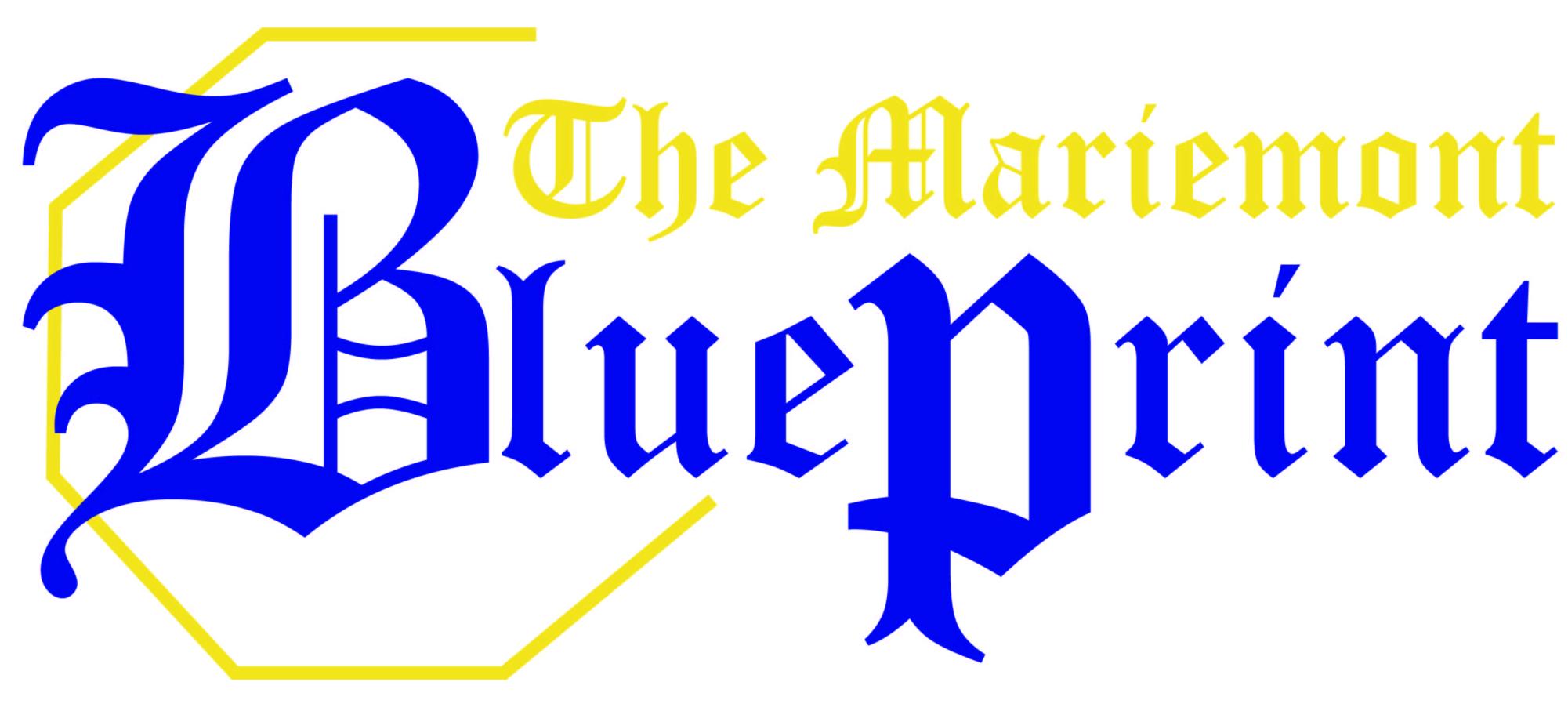
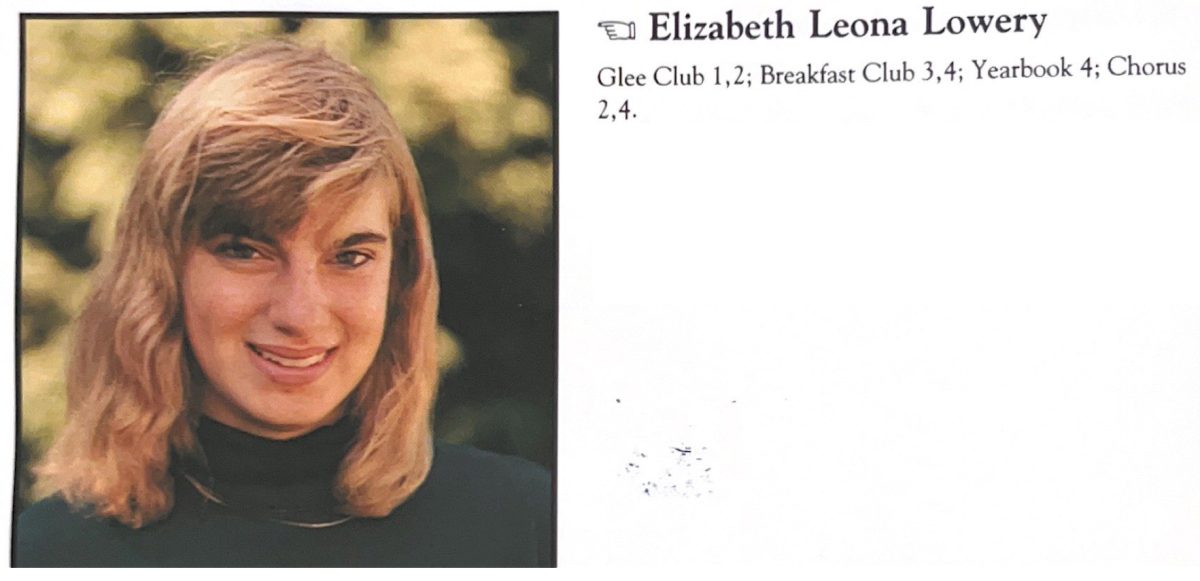
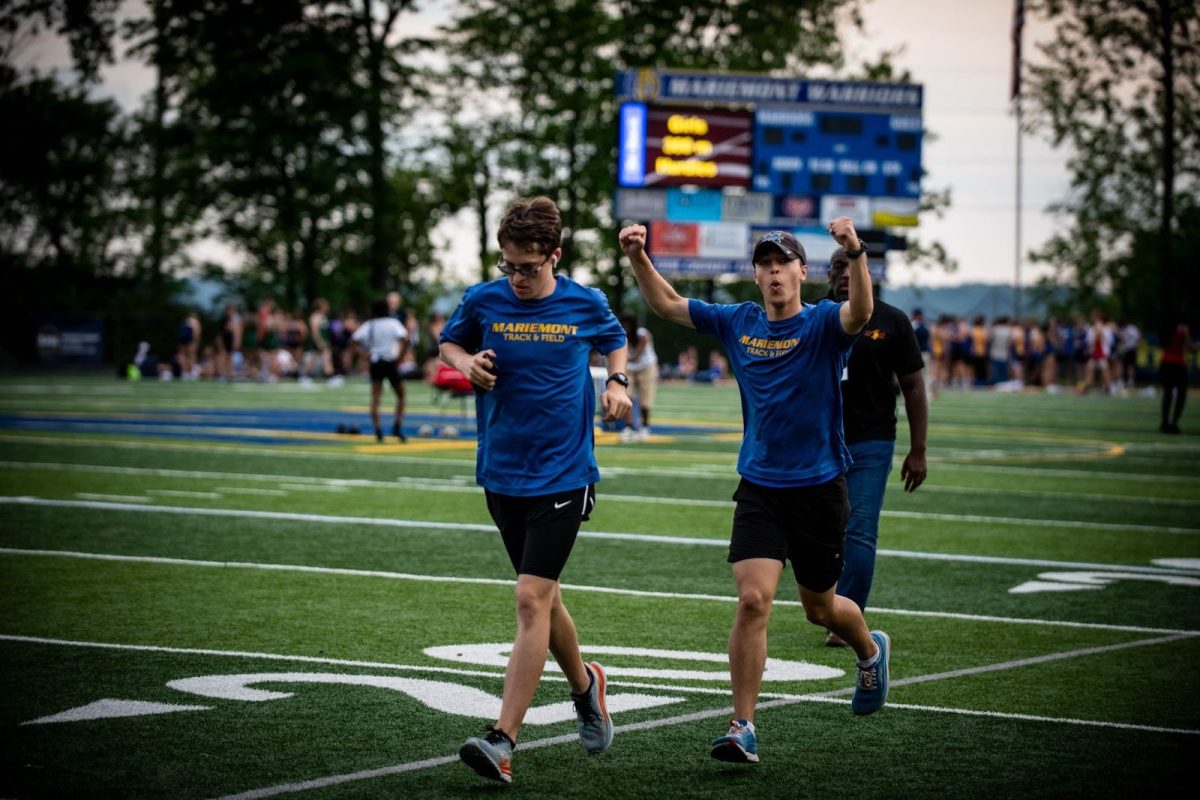

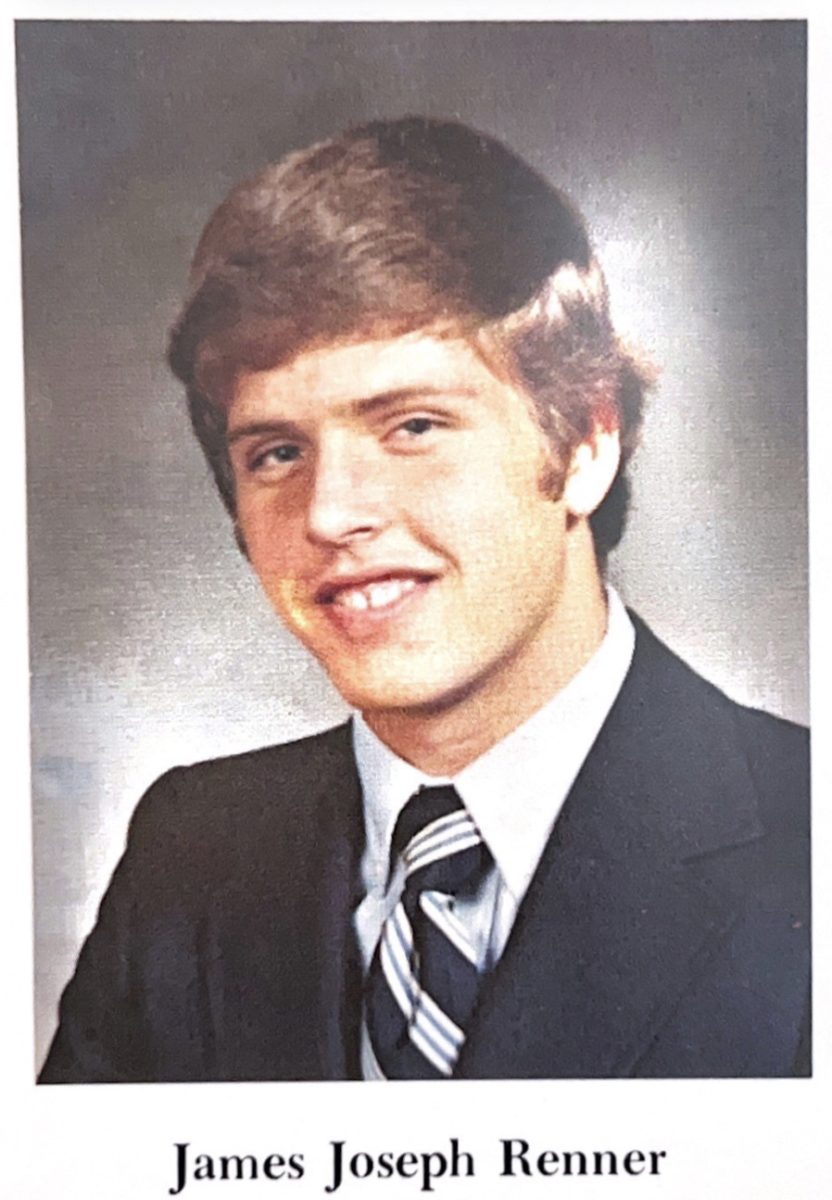
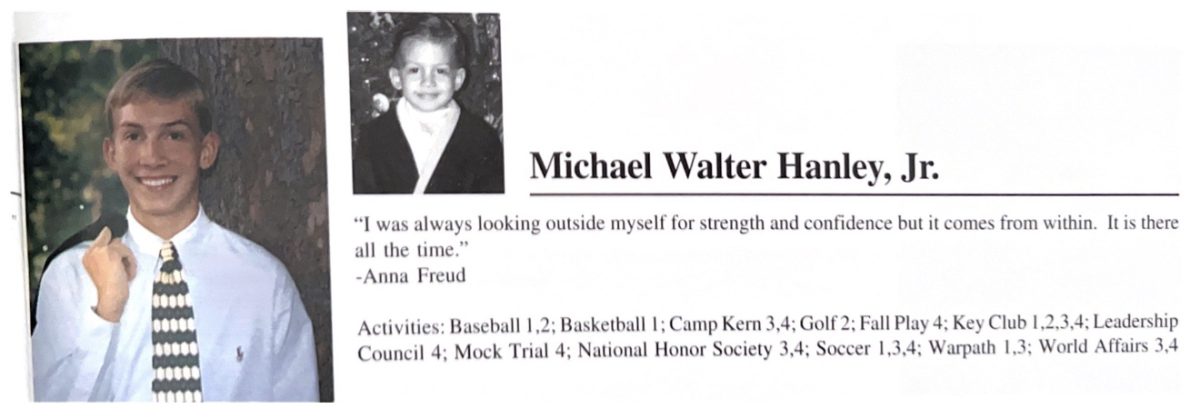
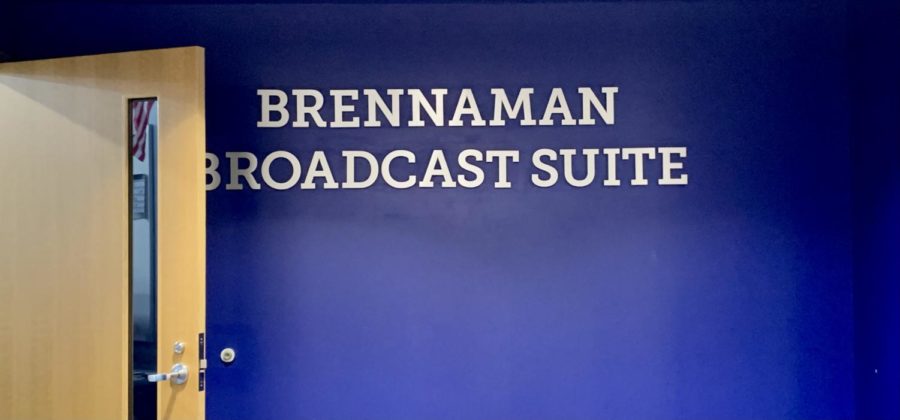
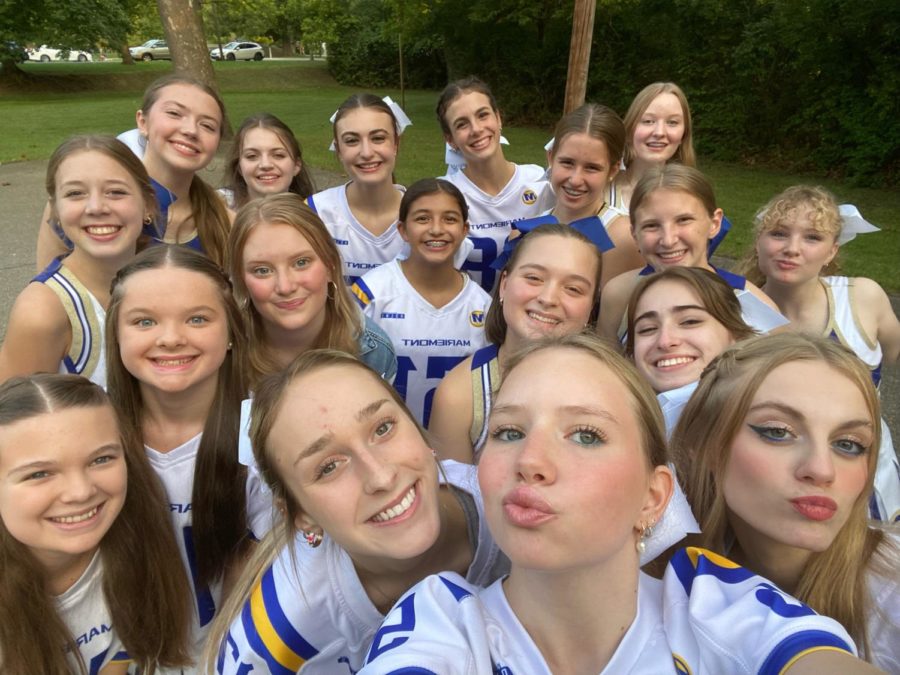
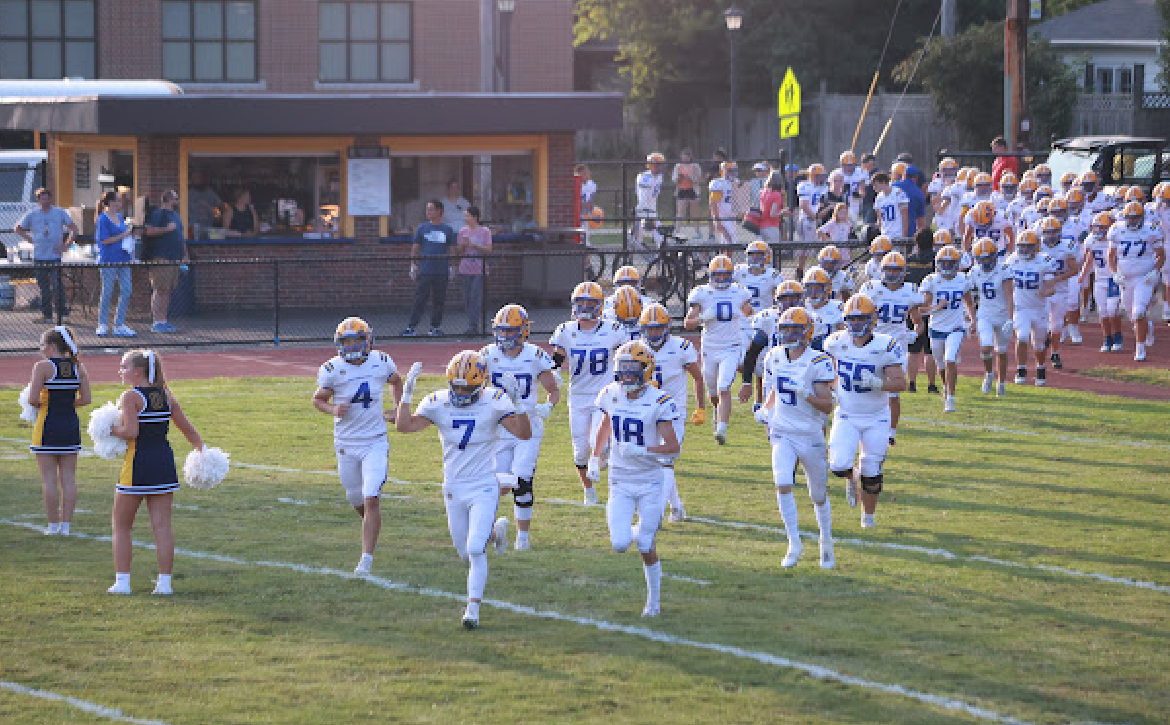

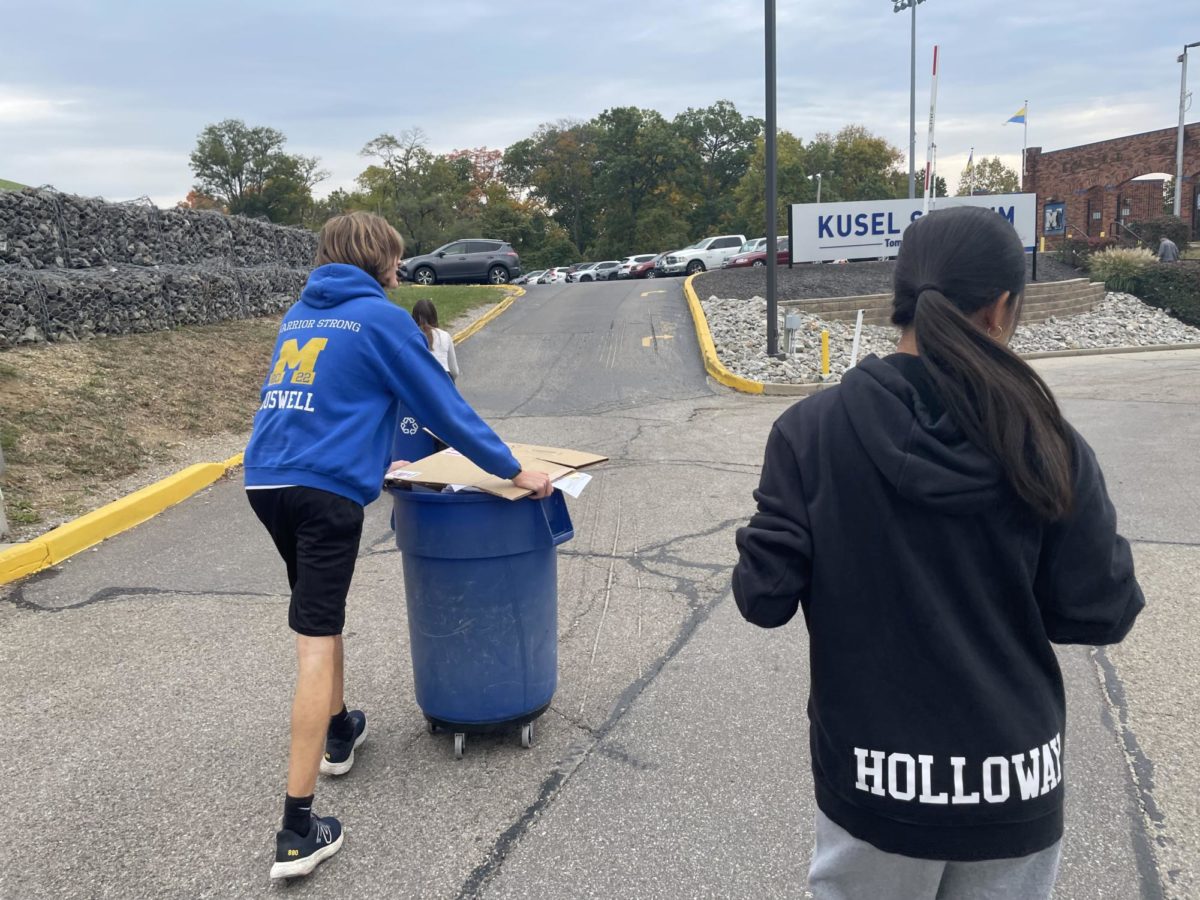
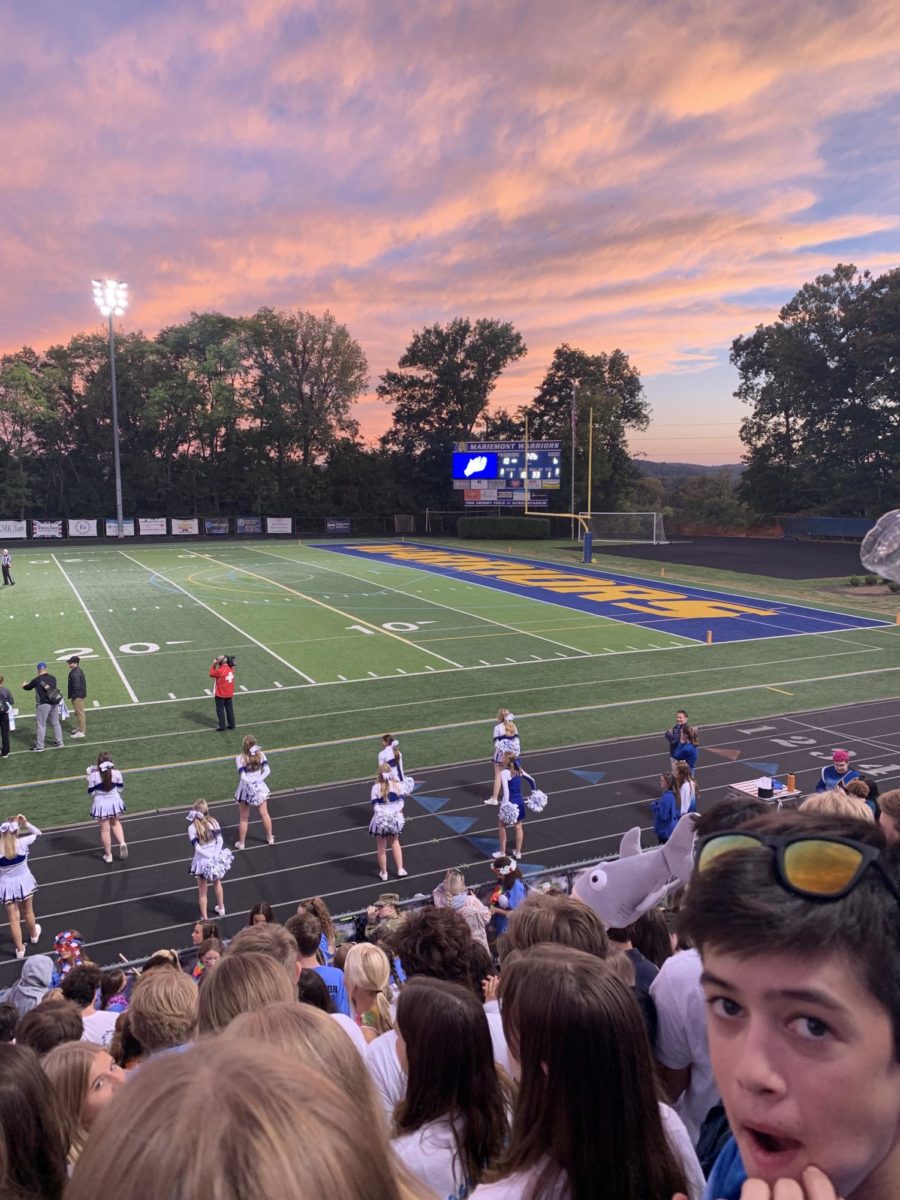
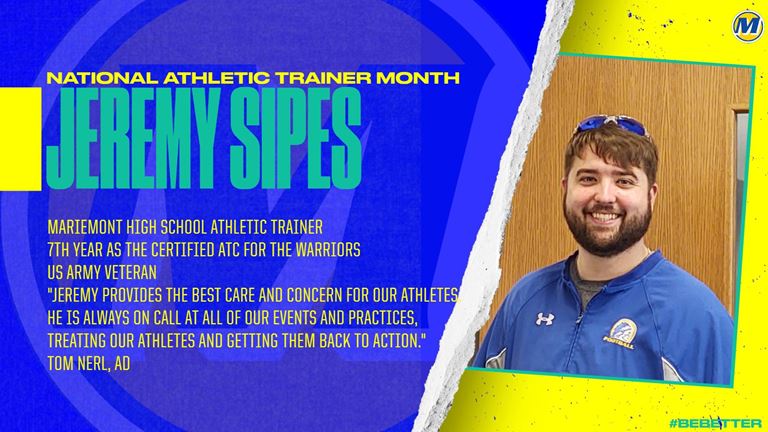

Lee Lowery-Harris • Jan 25, 2024 at 3:32 pm
Nice job, Audrey! I really enjoyed your summary of our conversation